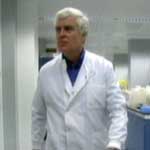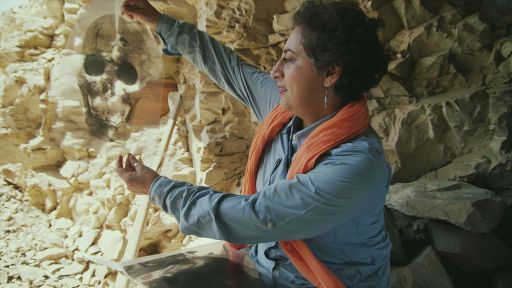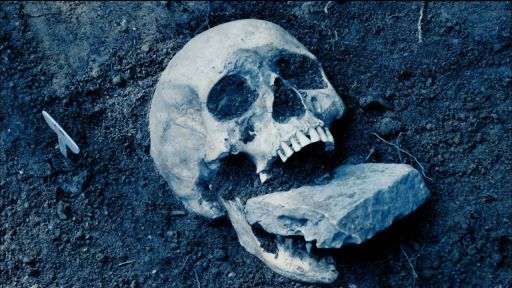You may possess a genetic mutation. Most people would probably be aghast to learn that one of their genes is malformed. But before you start asking, “What does that mean? Will it make me sick someday? Will I pass it on to my children?” bear in mind that a mutation of the CCR5 gene — called “delta 32” in its mutated form — has no adverse effect on humans. In fact, possessing delta 32 could save your life, and the lives of your children.

Dr. Stephen O’Brien
“It’s highly unusual,” says Dr. Stephen J. O’Brien of the National Institutes of Health in Washington D.C. “Most genes, if you knock them out, cause serious diseases like cystic fibrosis or sickle cell anemia or diabetes. But CCR5-delta32 is rather innocuous to its carriers. The reason seems to be that the normal function of CCR5 is redundant in our genes; that several other genes can perform the same function.”
“The non-mutated form is what’s called a chemokine receptor,” he says. Chemokines are protein distress calls released by an injured region of your body. “The normal function of the CCR5 gene is to act as a retriever of the chemokine distress signal from these bruises, which will then be alleviated by the chemokines.”
This may not sound exciting, but delta 32 is a powerful mistake. HIV, the virus that causes AIDS, attacks the human immune system, infecting the white blood cells sent to destroy it. The delta 32 mutation, however, effectively blocks the crucial gateway into human cells the virus needs. In the case of Steve Crohn, whose partner was the fifth person to die from AIDS, possessing the CCR5 mutation has prevented him from contracting the virus.
O’Brien explains further, “In order to have total resistance to HIV, you have to carry two doses of the mutated gene — one from each parent. If you get only one dose, you will not be resistant to infection. However, you may be able to delay the onset of HIV once you become infected. That’s because, in patients with one copy of the mutation, the amount of ‘portals’ or ‘doorways’ that HIV can use is reduced by about 50 percent. That slows down virus replication, which is the most important factor in AIDS progression.”
O’Brien’s work on AIDS led him to another disease that delta 32 could prevent, the plague. “They both, upon entering the body, infect the macrophages, which are the first line of defense against bacterial infections,” he says. “Over the course of evolution, many bugs and pathogens have become extinct because the body learned how to defend itself against them. So the ones that are around today, like HIV and the plague, are pretty savvy — HIV, for example, specifically attacks and kills the very cells that are designed to kill it. Both these pathogens have developed very clever ways around our immunological defenses.”
The results of the Eyam study suggest that delta 32 may have helped save Europe from the bubonic plague pandemic. It seems logical, then, that this could be confirmed by an experiment in which the plague bacterium is injected into the cells of someone possessing the delta 32 mutation. “We have attempted to design experiments that allow us to expose the plague to the lymphocytes of different people, including Steve Crohn,” O’Brien says. “But so far we haven’t been able to design that kind of experiment … to do that experiment, you would need to isolate that particular kind of cell. You would need to isolate the exact strain of the plague, and you would need to expose them together.”
Nevertheless, delta 32 seems to be a formidable defense the human body has developed in response to ages of pathogenic exposure. And though we may just be getting acquainted with it, delta 32 has been protecting humans for ages. O’Brien suspects the mutation has been around since long before the Black Death. “There have been human remains dug up from graves in Scandinavia — bodies 3,000 and 4,000 years old — in which they actually found the mutation, through DNA typing. So there are all kinds of pieces in this puzzle that are coming together.”









